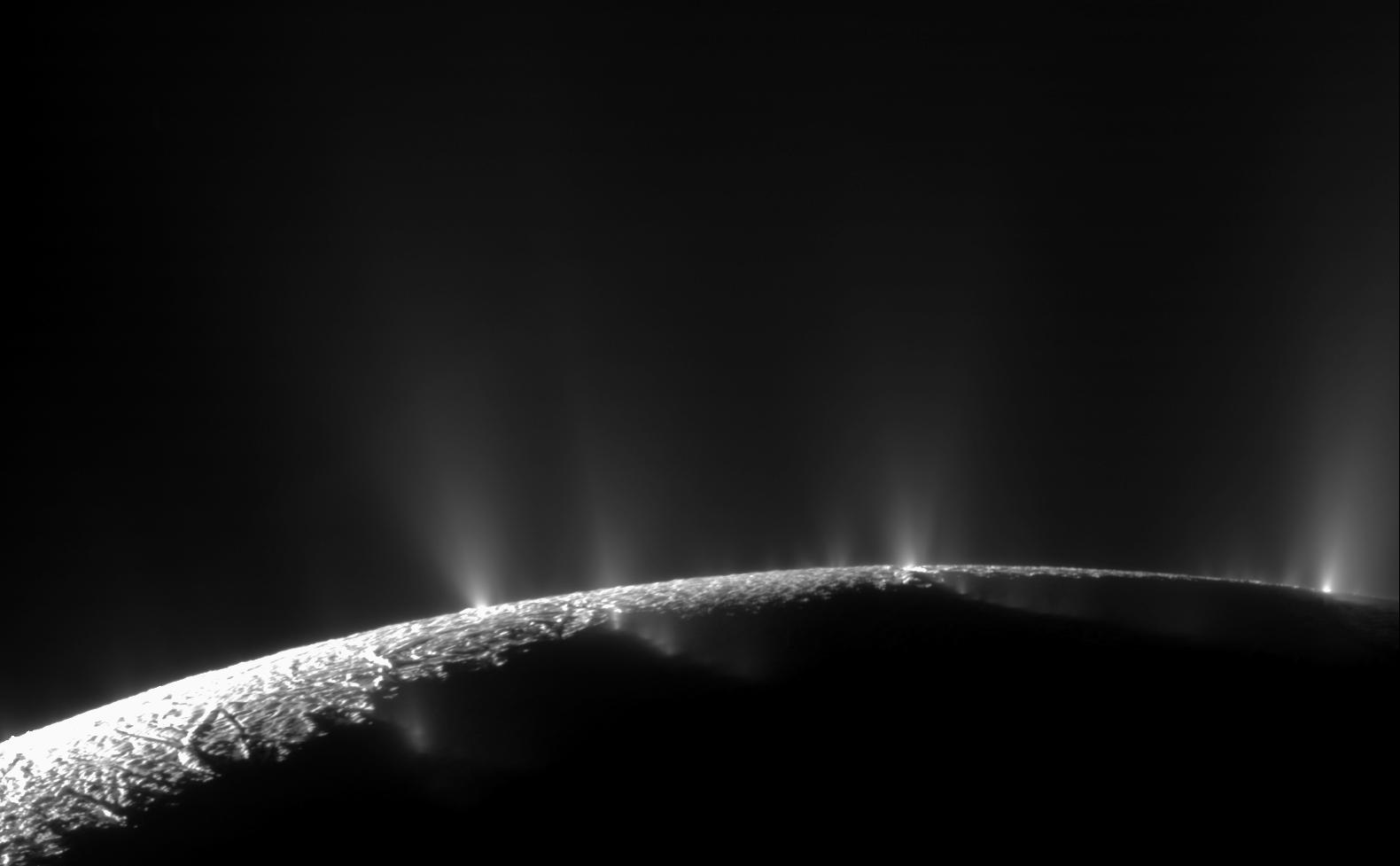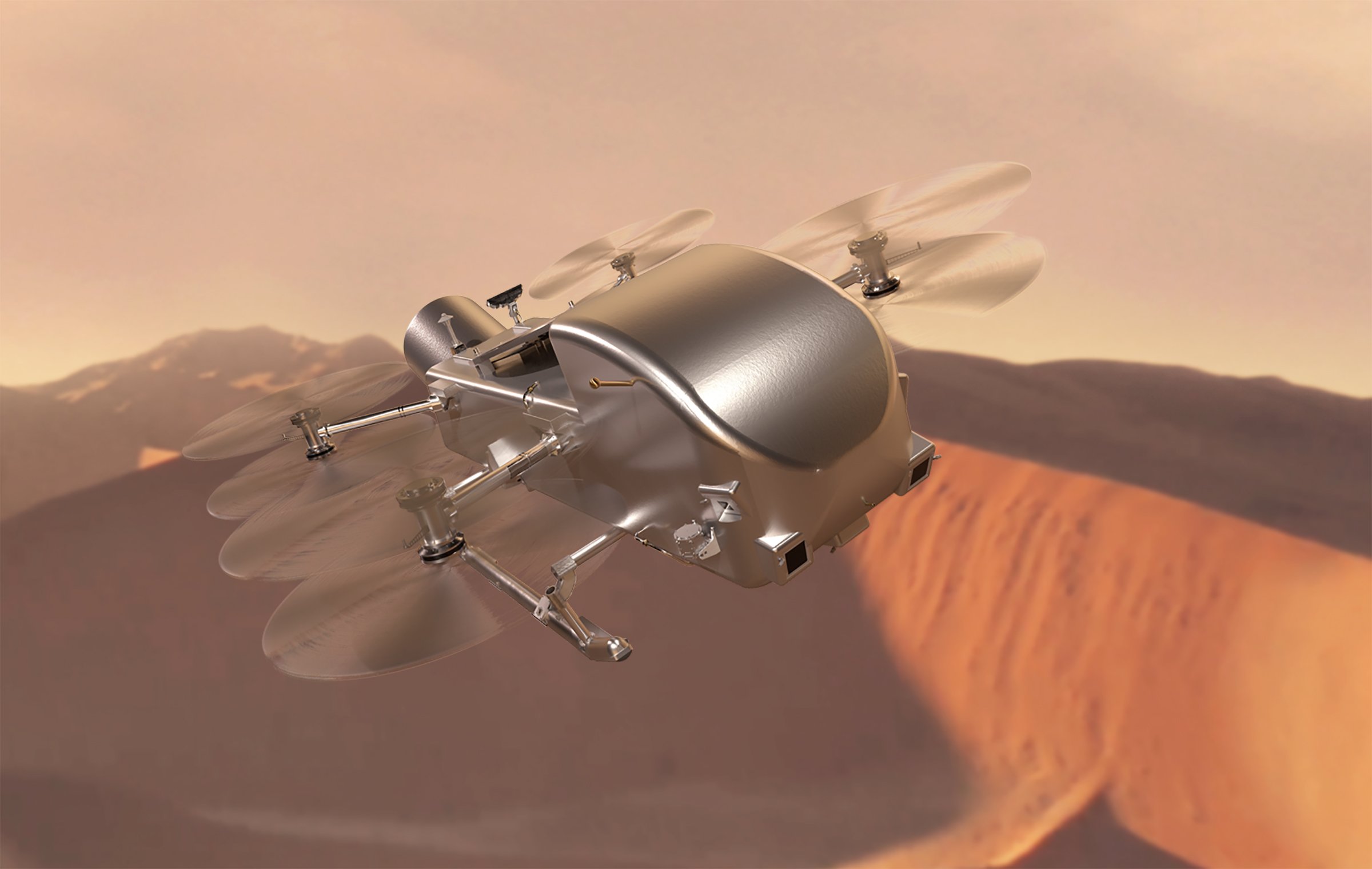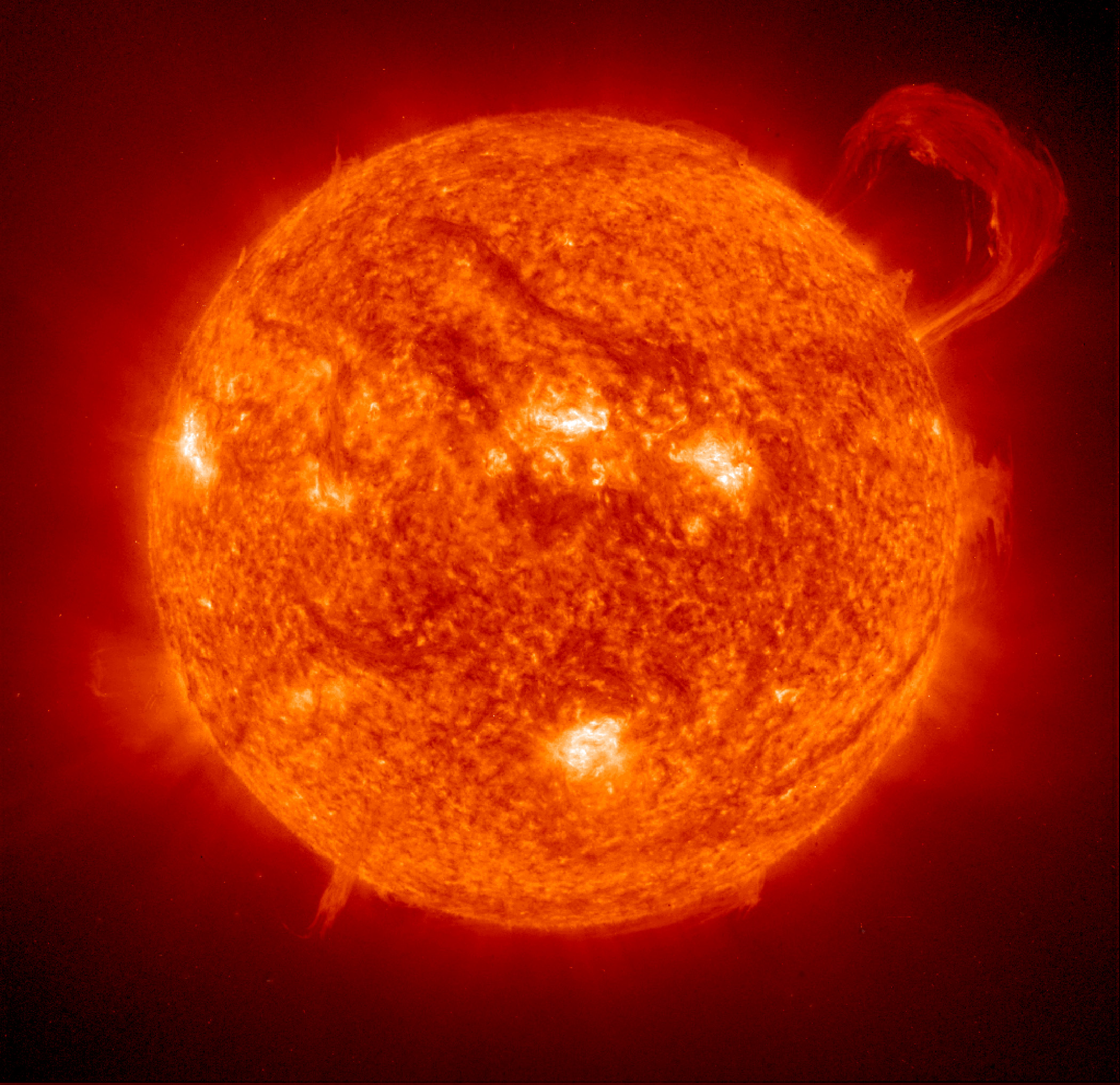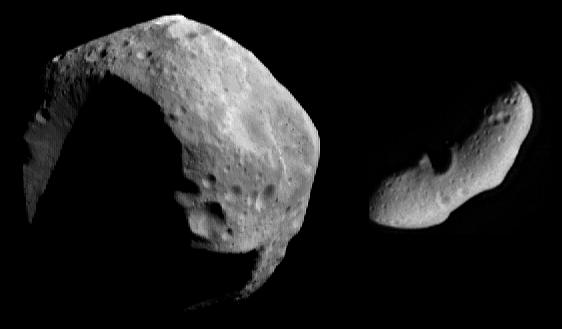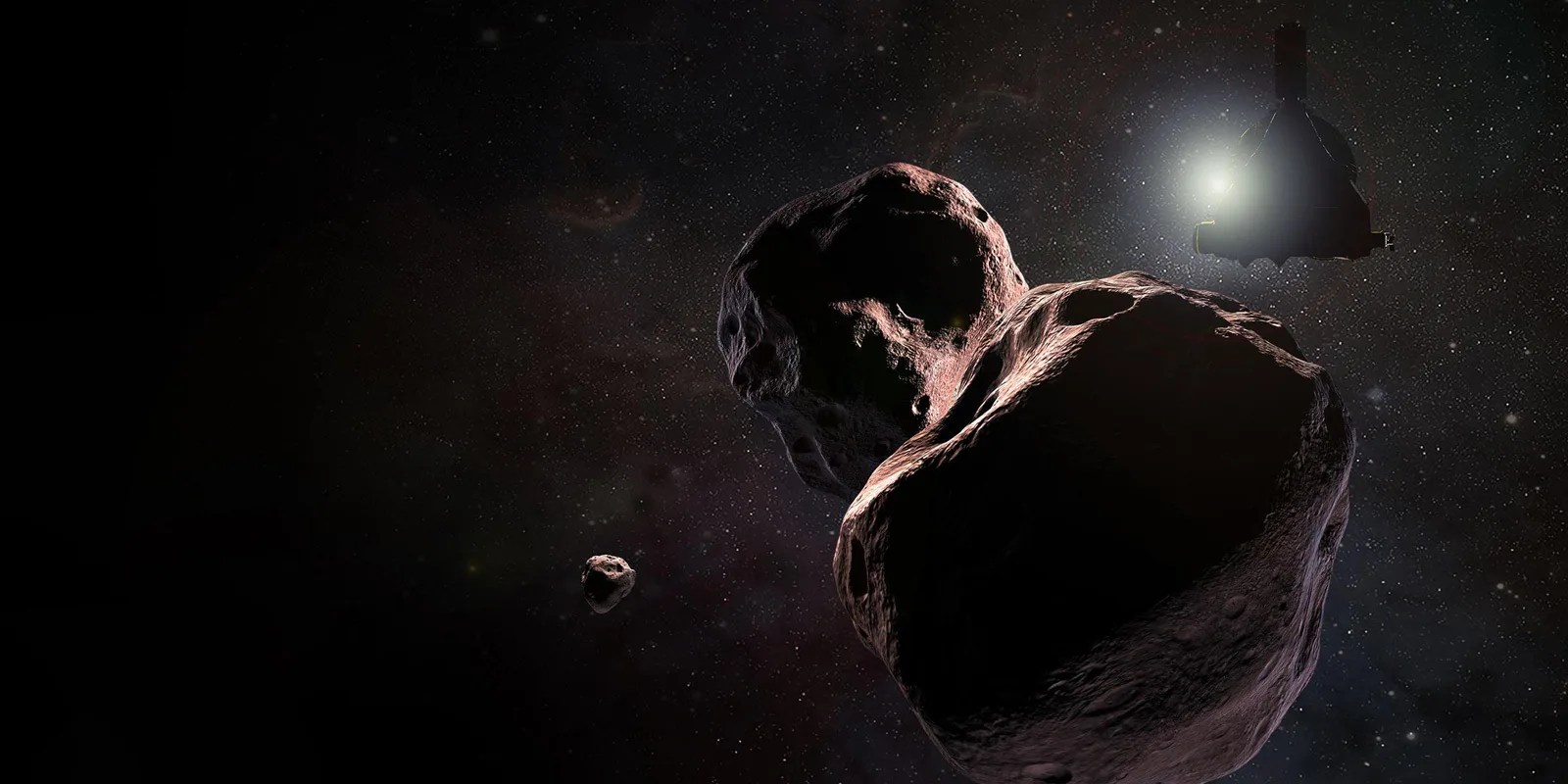4 min read
The most recent spacecraft telemetry was acquired on May 24 from the Deep Space Network tracking complex at Goldstone, California. The Cassini spacecraft is in an excellent state of health and all subsystems are operating normally. Information on the present position and speed of the Cassini spacecraft may be found on the "Present Position" page at: http://saturn.jpl.nasa.gov/mission/presentposition/.
Wednesday, May 18 (DOY 138)
The Cassini Outreach team to date has provided 250 teachers and 20,411 students in 47 states with Cassini Education and Public Outreach (E/PO) materials through the DonorsChoose project. This is approximately 50 more teachers, 5000 more students and four more states than was reported at the beginning of May.
Thursday, May 19 (DOY 139)
A news release called "Cassini and Telescope See Violent Saturn Storm" is available on the Cassini web site. The release describes a paper published in the journal Science detailing the atmospheric disturbances from the storm that broke out in Saturn's northern hemisphere on Dec. 5. Data from Cassini's Composite Infrared Spectrometer (CIRS) and Visual and Infrared Mapping Spectrometer (VIMS) were combined with the data from the European Southern Observatory's Very Large Telescope. For more information on this subject, link to: https://solarsystem.nasa.gov/news/12471/cassini-and-telescope-see-violent-saturn-storm/.
Friday, May 20 (DOY 140)
This week’s science observations began with Imaging Science (ISS), the Composite Infrared Spectrometer (CIRS) and the Visual and Infrared Mapping Spectrometer (VIMS) instruments making measurements as part of the Titan monitoring campaign, this time covering the Xanadu region. ISS then performed astrometric observations of some of Saturn's small inner moons including Methone, Pallene and Helene, and the Ultraviolet Imaging Spectrograph (UVIS) completed an 8-hour mosaic of Saturn’s magnetosphere in an ongoing effort to map system neutrals. The Cosmic Dust Analyzer (CDA) performed a 13.5 hour and a 23 hour interstellar dust observation, and ISS made an observation of a double transit: Titan passed in front of Saturn, and during that transit, Dione passed behind Titan. VIMS and CIRS completed a 16 hour observation of the E and G rings, and the Cassini Plasma Spectrometer (CAPS) performed a 14.5 hour solar wind observation. This is the first in a series of four of these solar wind observations, when CAPS takes advantage of the most distant apoapsis in this portion of the Solstice Mission, the second-most distant in the entire Solstice Mission, to make solar wind measurements; the spacecraft could be outside the magnetosphere for approximately one month.
Saturday, May 21 (DOY 141)
The Reaction Wheel Assembly revolution counters were reset to 0 revs today. The reaction wheels each have a counter that counts revolutions, but will max out when the count gets to a certain point. The purpose of resetting the counters is to ensure accurate tracking of total revolutions for each wheel over the course of the mission.
Sunday, May 22 (DOY 142)
Starting this week, two college students will be supporting the Cassini Science Planning and Sequencing Team (SPST) for the summer. Both students will be seniors this fall at the University of Southern California, majoring in Computer Science and Engineering.
Monday, May 23 (DOY 143)
Orbit Trim Maneuver (OTM) #285 was performed today. This was an apoapsis maneuver setting up for the Titan 77 encounter on June 20. The Reaction Control Subsystem (RCS) burn began at 11:00 PM PDT. Telemetry immediately after the maneuver showed a burn duration of 30 seconds, giving a delta-V of 36.32 mm/s. All subsystems reported nominal performance after the maneuver. OTM-286, the next maneuver, is scheduled to execute June 16.
Tuesday, May 24 (DOY 144)
The S71 Engineering Activities Review (EAR) was held today. OTM-300, scheduled to execute on Nov. 24, was discussed in detail given that it will entail more upfront work than most maneuvers.
Files were radiated to the spacecraft today over DSS-14 in support of S68 for the Ka-band on/off due to execute over DOY 160-166, and to clear the Command and Data Subsystem (CDS) error logs.

